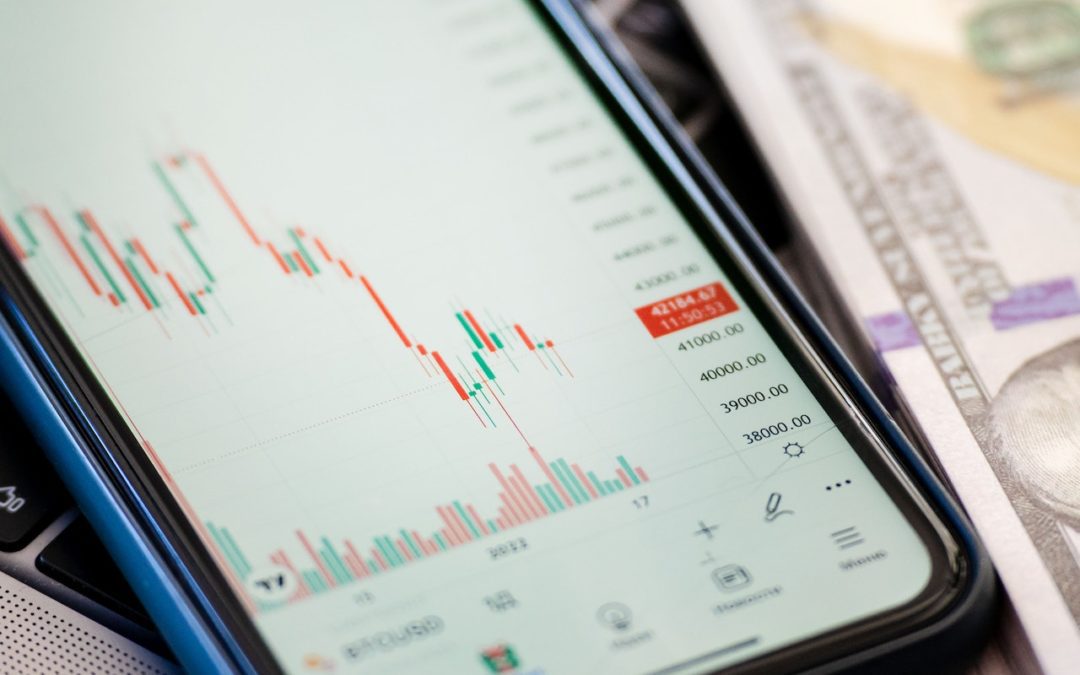1: public equity definition
2: how public equity works
3: public equity vs private equity
4: example of public equity
Opening information:
The public equity sentence breaks into two words public and equity, public means society people of one country, and equity means business money or worth which is authorized for its shareholders.
Public equity means a certain business worth of money is completely relayed on the company type,
So now let’s have a look at what is public equity, how public equity works in the stock market for all Corporate Industries, and what is the difference between public equity and private equity, finally one clear example of public equity.
1: public equity definition
Whenever someone needs a loan from some banks, banks won’t allow and sanction the loan amount easily, they need strong proof of documents like collateral.
Like whenever some materials are available to society people’s, that item material is precised as public material.
Any item would not be bought and sold without any worth in societies, so anyone who invests in any kind of business wouldn’t invest without any single amount of value or worth.
One business value of worth is called equity, The collateral guarantees by the banks, that the loan amount would be safe, even if the loan taker couldn’t pay it, they use the collateral to fulfill the loan amount.
like stock Investors invest in the business using the equity value, business equity guaranteed value to pay for their business.
When this business value of worth would be bought and sold in general societies, normally that business would called public equity in the stock market, so let’s dive into how this public equity works.
2: how public equity works
Public equities are the Securities of the market, which are bought and sold every day by stock Investors.
Despite there being no single differentiation between private and public Ownerships, the registration and approval of the Security and Exchange Commission (SEC) what distinct the Ownership as private and public equities.
Therefore any kind of business when approved by the SEC, then that Ownership of the company would be called public equities of a certain industry.
So the private and public equities Ownership didn’t have any difference, but each of them had different functions in the market.
Public equities have thousands to millions of shareholders for their business single Ownership, each of the equities is purchased by the general public people’s.
And the millions of shareholders would be holding hundreds and thousands of stocks, there each holding stock of one shareholder would hold tens and hundreds of shares in their whole Investment in their country.
Each share holds the tiny pieces of Ownership of the whole Industry, the tiny Ownership is value from the company equity, which is why the registered equity is called a public equity of the specific company.
These public equities are protected from fraud and cheating by the SEC, that’s why public equities are known as securities, which are also called public securities.
This public security doesn’t represent one company or organization instead it shows and represents all the listed registered equities.
When these public securities lack the minimum requirements which are demanded by the SEC and listen to stock exchange, certain public equity would become to trade over the counter.
Most people confuse public and private equities, so let’s jump into into know the key difference.
3: public equity vs private equity
The difference the public equity and private equity is, that public equity represents the money of value of the Corporate Industries, the public equities are created through private equities.
The public equity didn’t have any distinct object to prove that certain materials are public equity, the registered shares from the SEC.
But private equity is the one which is not available for general society people to buy and exchange among other people or Investors, to make more clear about public equity let’s look at one clear example anyway.
4: example of public equity
Say you had purchased 3 million shares from a different market, among the 3 million shares 1.6 million shares which are purchased from company H are the SEC approved Industries.
Other 1.7 million shares are purchased in company O which this industry is not registered with the Security and Exchange Commission (SEC).
Here the 1.6 million shares that are purchased by company H are considered as a public equity Investment, other than investments which are made to company O are known as a nonpublic equity investment.
Market rule: #100154

